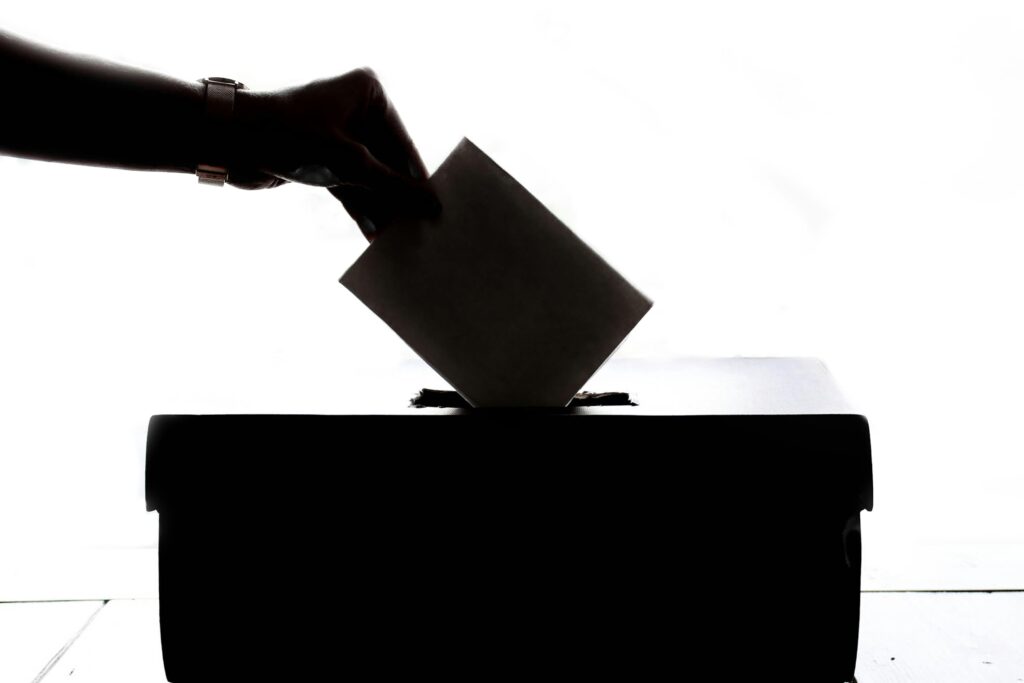by Sunday Akinrelere, HTCI Fellow
A personal assessment of both military and civilian forms of government, after engaging with elders who have experienced both, shows that civilian government is still preferred over military regimes, regardless of how democracy in civilian administrations have been abused by some elected officials.
One unique reason may be the rights enshrined in the constitution. For instance, the 1999 Nigerian constitution, as amended, grants citizens certain fundamental rights, including the right to life (Section 33), the right to fair hearing in legal and judicial matters (Section 36), the right to freedom of thought, conscience, and religion (Section 38), the right to freedom of expression, which allows citizens to speak freely on political issues (Section 39), and the right to move freely throughout Nigeria and to reside in any part (Section 41). There are also political rights, including voting rights (Sections 77(2), 117(2), 132(5), and 178(5)).
These rights, particularly those connected to civic engagement, transparency, and accountability in democratic governance, serve as the basis for the protection of individual freedoms and support citizens in freely expressing their opinions, including the criticism of elected officials. But sadly, not everyone aged 18 and above may have the moral and ethical right to demand transparency and accountability from their elected officials, even though their legal rights to do such are guaranteed in the constitution.
In my opinions, here are reasons why you may not have the [ethical not legal] right to hold elected officials accountable in this current democratic dispensation:
1. You may not have the right to demand accountability from elected officials if you skip the vote during elections: While there may be valid reasons for low voter turnout, particularly among the youth, stemming from deep frustration or fear of violence, it should be noted that holding elected officials accountable is a continuous process throughout the tenure and it begins with voting.
2. You may not have the right to demand accountability from elected officials if your Permanent Voter’s Card (PVC) is only used as an identity card: Several government or private institutions demand identity cards before granting people access to some facilities or resources to avoid impersonation. Our PVCs are not only meant to serve as identity cards but also as a key to unlock prosperity in our land. It is a powerful tool to shape the future of our community and decide who will steer the affairs of our state or nation in the next four years. Not utilizing it during the election period weakens democracy and accountability in governance.
3. You may not have the right to demand accountability from elected officials if you sell your vote: This is more detrimental than not voting at all. Selling your vote means selling your civil rights for a ‘morsel.’ According to the National Bureau of Statistics, the 2023 elections recorded 22% vote buying, which is five percent higher than the 17% recorded in the 2019 general elections. Citizens who receive money or any other favour in exchange for their vote, even if it did not influence their voting decision, are indirectly relinquishing their civil rights to elected officials who emerge through corruption.
4. You may not have the right to demand accountability from elected officials if you embrace political apathy: Many youths feel their political participation will have no significance and that their voices will not be heard. A Yoruba adage says, “Ai si ni be, lai ba won dasi,” meaning “It won’t be without interfering with them,” or contextually, “If you do not participate, you can’t make any contribution.” Contributing one’s knowledge, skills, and ideas can only be possible when one is involved in political processes and actively participates in shaping public policies and decisions that impact society. This begins with voting. Therefore, a lack of interest in political processes or issues invariably means a lack of the right to hold political officeholders accountable.
5. You may not have the right to demand accountability from elected officials if you’re involved in systemic corruption in your workplace and not accountable to anyone: Government actually begins from the family and our places of work. If, as an individual, head of department, head of security, principal, director, manager, or staff member, you’re involved in corruption and not transparent or accountable to anyone, you may not also have the right to demand accountability from public officeholders, as you cannot oppose what you’re involved in.
Conclusion
Since the inception of the Fourth Republic on May 29, 1999, every Nigerian adult aged 18 and above has the civil right to hold elected officials accountable. However, these rights should not be abused, lost, or sold due to ignorance. You have the highest office as a citizen; an office without walls endowed with fundamental and political rights, which are not acquired based on gender, socioeconomic status, educational qualifications, disability status, or colour, but by being a patriotic citizen who engages in electoral processes responsibly.



